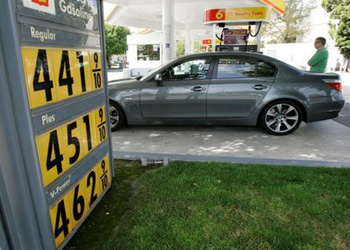 By Matthew Kim, Great Oak High School, Grade 12
By Matthew Kim, Great Oak High School, Grade 12
March 21, 2011
To say the Middle East is in turmoil would be an understatement. Over the past few weeks, an unprecedented number of anti-government revolts, protests, and mass gatherings occurred, leaving the futures of several key Middle Eastern countries in question. But what exactly catalyzed these insurrections?
The origin of the recent Middle East unrest can be attributed to the northernmost African nation of Tunisia. Weeks of persistent demonstrations stemming from outrage over the lack of human rights and impoverished living conditions eventually impelled then-President Zine El Abidine Ben Ali (who was in power since 1987) to flee the country, leaving de jure power with an interim government and de facto power with the military.
This outcome triggered a domino effect, inciting rebellions and protests in other Middle Eastern countries. Egypt, which has received a significant amount of press coverage, experienced its own revolution with the resignation of President Hosni Mubarak. Pressure continues to build for President Muammar Gaddafi of Libya to leave office. In the tiny country of Bahrain, people are similarly calling for the resignation of their monarch, Hamad ibn Isa al-Khalifa. The same pattern extended even to Yemen, where demonstrators have demanded the resignation of their president, Ali Abdullah Saleh.
Paradoxically, the future of the Middle East has never been as simultaneously fragile and malleable as the present. With the recent abundance of military coups and political vacuums, ensuring the peaceful transition from authoritarianism to (hopefully) some form of democracy is a daunting, if not impossible task. Even with interim governments claiming to bring reform and positive change, their true intentions and actions must be scrutinized.
The Middle East adopts an interminable, damaging cycle of protest, rebellion, and then new government. This would cause permanent instability in the Middle East, and no true reforms would be made. One of the most noticeable changes will be a projected spike in gas prices. Many of the countries discussed above are members of OPEC, and with stalled economies, unclear political dynamics, and traces of anarchy, gas prices have jumped with experts predicting prices as high as five dollars per gallon by this summer.
A new generation in the Middle East has clearly displayed its will to finally “fight back” against oppression and suppression. In due time, the turbulence in the Middle East will hopefully end and peace will be established.

